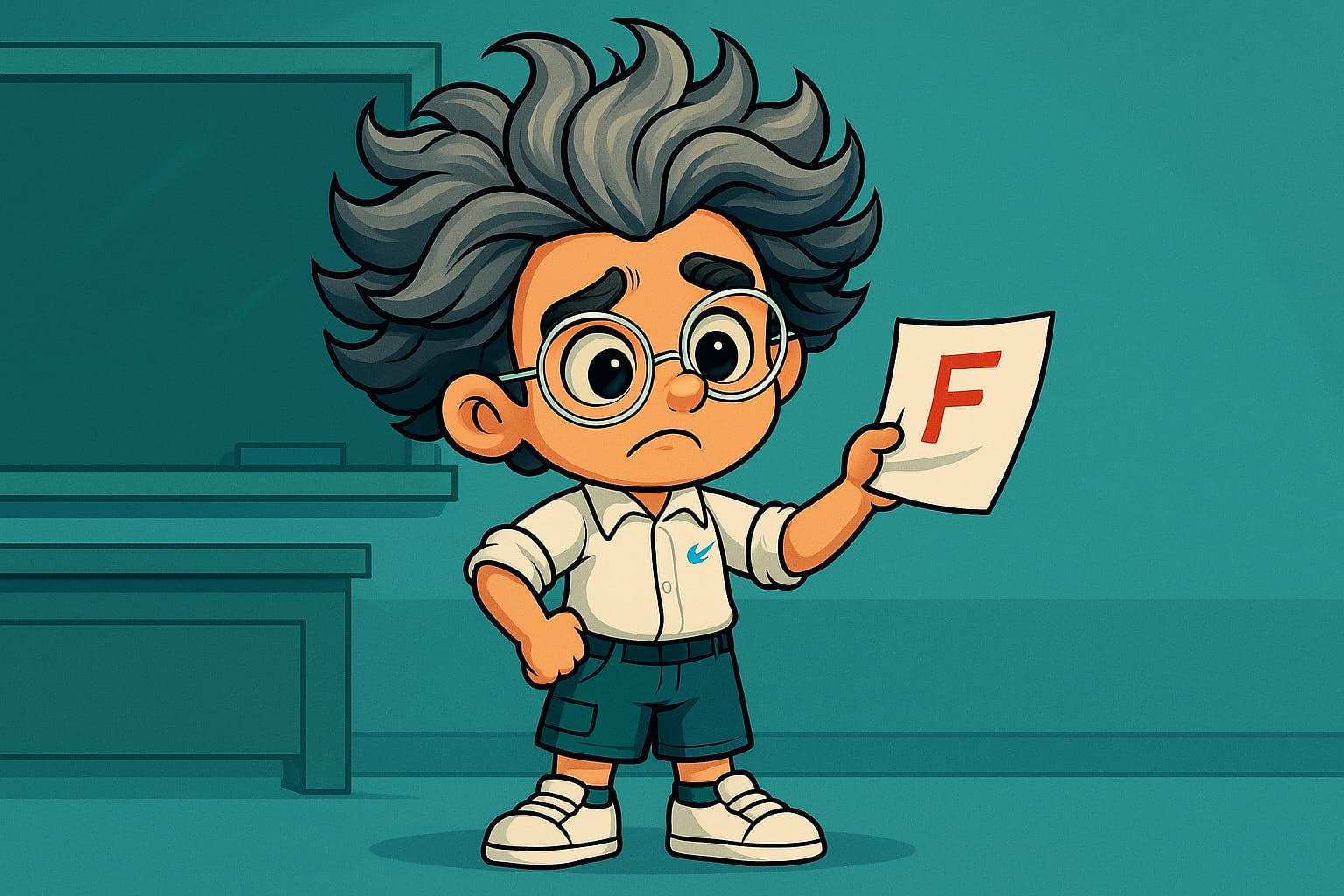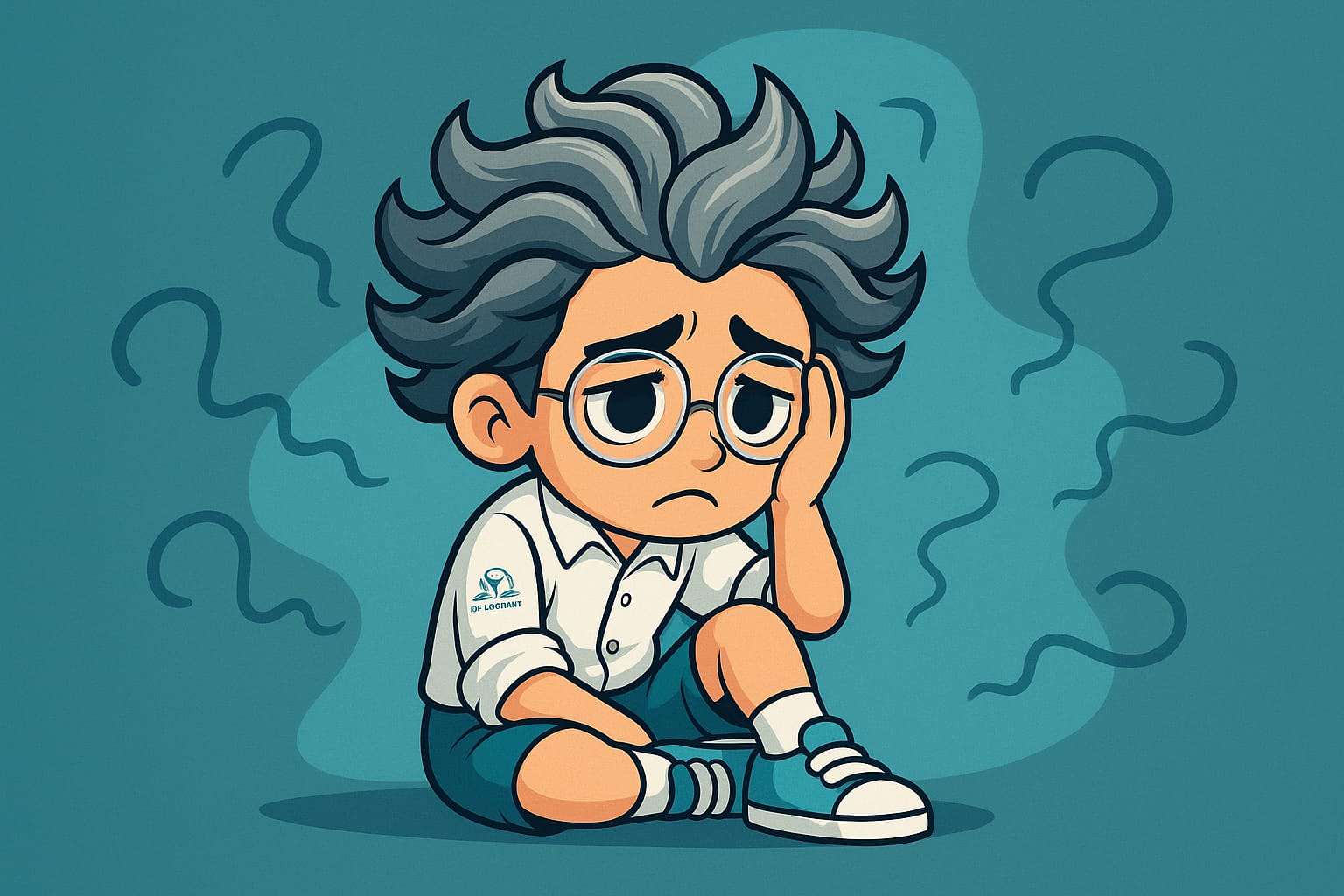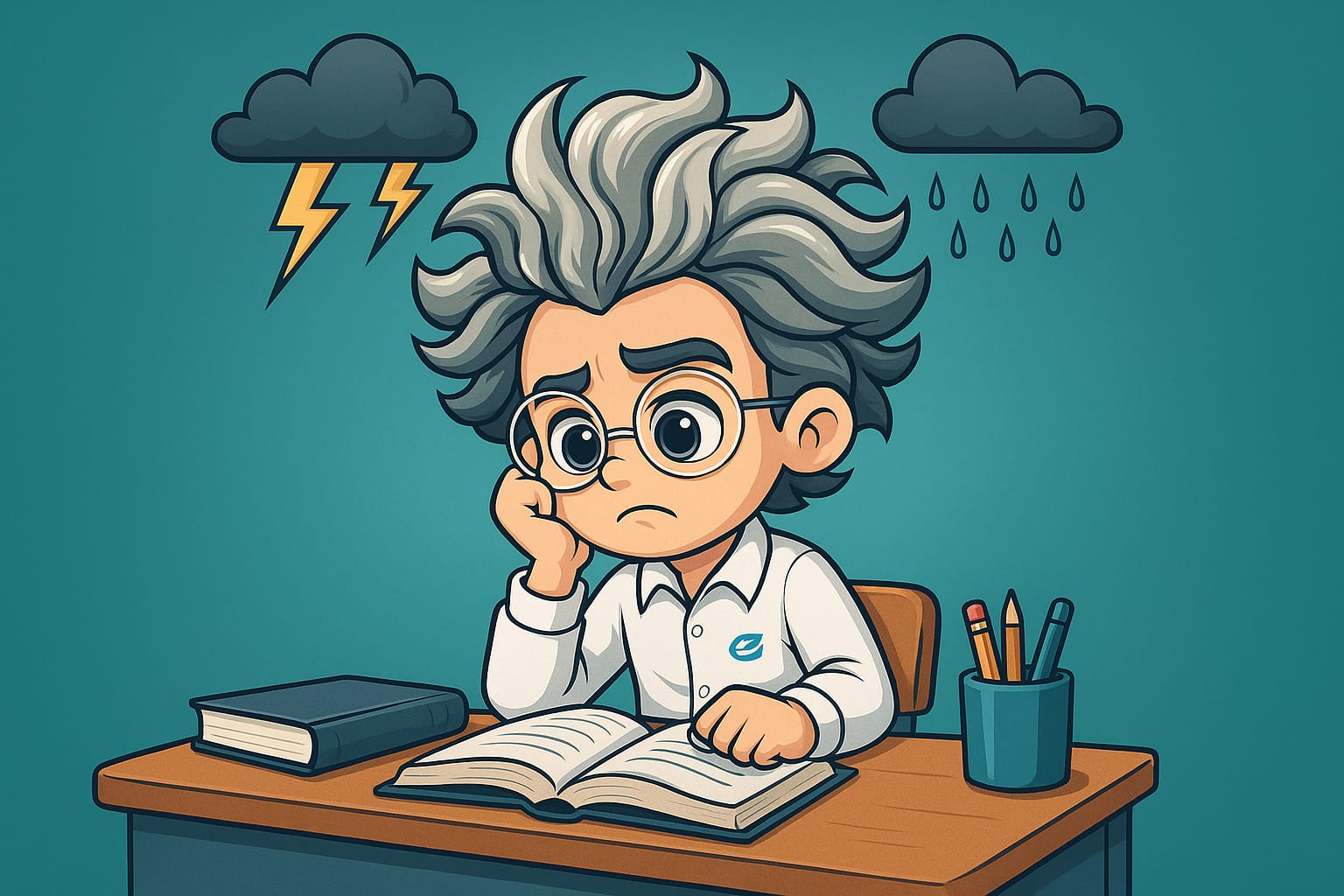
Healthy Coping with Academic Failure: How to Turn It into a Step Toward Success?
Many students face moments of academic failure at some point in their lives. This failure may result from failing an exam, dropping grades, or even feeling a lack of achievement compared to peers. But the real question is not "Did you fail?" but rather "How do you deal with this failure?"
In this article, we will guide you through the best healthy ways to cope with academic failure, how to turn it into a source of strength and a starting point for success, along with practical advice provided by the Fahmy Stein Smart Platform.
Why do we feel that academic failure is the end of the road?
Failure is often associated in many minds with frustration or deficiency, especially in societies that highly value academic excellence. However, modern psychology views failure as a necessary learning tool, not a sign of weakness. According to a study by Harvard Business School, people who acknowledge their mistakes and learn from them achieve greater long-term success.
Consequences of unmanaged academic failure
•Decreased self-confidence.
•Chronic anxiety and stress.
•Social withdrawal or feelings of shame.
•Avoiding trying again for fear of repeated failure.
But you can reverse these negative effects by changing your perspective on what happened.
5 Steps to Healthily Deal with Academic Failure
1.Accept failure without self-blame:
Failure does not mean you are incapable; it means you haven't found the right method yet.
2.Analyze the causes honestly:
Was it lack of preparation? Time management issues? Difficulty in the subject?
3.Seek help:
Don’t be ashamed to ask for support from a teacher, friend, or counselor.
4.Set a new, actionable plan:
Define clear and realistic steps to overcome the challenges.
5.Practice self-care:
Activities like meditation or exercise help reduce psychological pressure.
How does the Fahmy Stein platform support you in dealing with academic failure?
•Scientific analysis of failure causes.
•Customized study plans targeting weak points.
•A psychological support chatbot that gives advice based on your mood.
•Confidence-building sessions in cooperation with specialists.
•An achievement planner tool to track your progress and restore your self-confidence.
Failure is not the end… but the beginning of a new story
Dealing with academic failure wisely and calmly may be the turning point you did not expect. Every great success story often begins with a moment of stumble. Believe in yourself, seek support, and start anew — conscious effort is stronger than falling.
References:
- Harvard Business School - The Importance of Learning from Failure
- American Psychological Association (APA) - Improving Academic Performance
Similar Articles


